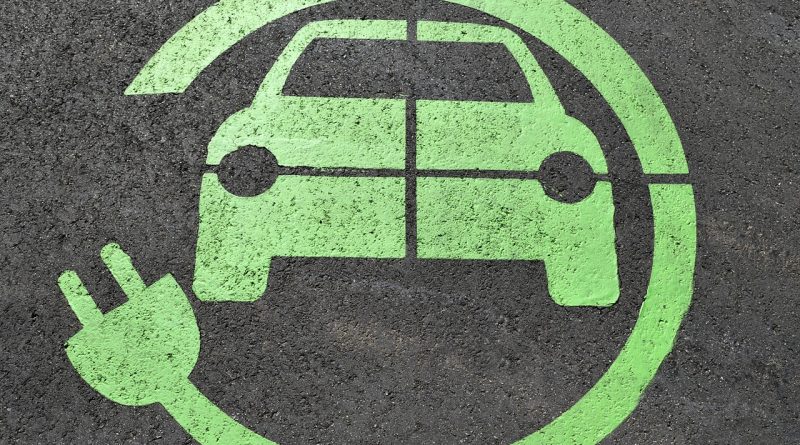Electrifying Facts On Electric Vehicle Conversion – All You Need To Know
Right now, with the gas at prices that we have never seen before, many people are looking for ways to cut down on gas consumption and there are some people who are looking at ways to avoid using gas at all. They are researching electric vehicle conversion which is converting a car or small truck to run on electricity instead of gas.
There are many benefits to having vehicle that runs on just electric but an electric vehicle conversion is no simple task. The benefits for the vehicle are, smooth running, low maintenance, low vibration, economical, and totally convenient. An electric vehicle conversion is complicated. As well as no longer using gas the vehicle will no longer use oil, an exhaust, belts, hoses, water pump, coolant, radiator, spark plugs, plug wires, and injectors. So this is not a job that should be undertaken by an amateur.
If you are a mechanic who knows what they are doing, the electric vehicle conversion can be done in your own garage, with few specialist tools. The materials needed for the electric vehicle conversion is of course the electric motor, the motor mount, motor controller, speed controller, system control box, high current shunt, high current fuse, high current circuit breaker, current meter, voltmeter, clutch plate hub adapter, main battery bank, 12V battery charger, 6V golf cart batteries (common choice), battery rack, cable terminal lugs, along with a vacuum pump and switch kit for the brakes.
Other materials for the electric vehicle conversion will include any kind of framework that you would want to use to house the batteries that are needed to run the vehicle. Cars that are most commonly used used in electric vehicle conversion are the Chevy S10, Dodge Colt, Daytona Ford Escort, Porsche 914, Honda Civic, Mazda B2000 pickup, Datsun pickup, Plymouth Sundance, Pontiac Fiero, Suzuki Samurai, Toyota pickup, and Volkswagen Beetles.
The cost of the electric vehicle conversion will vary and depend greatly on the vehicle that is going to be converted. This can range from $6500 and $9500 dollars and that estimate does not include the cost of the vehicle itself.
Depending on the size of the vehicle and the number of batteries that are used in the conversion, the distance the vehicle can drive on one charge will vary accordingly. The general Chevy S10 which has 16 six-volt batteries and weighs a total of 3700 pounds, will go about 35 miles on a full charge. If you have more batteries on a lighter car, then you will be able to go much further on a single charge.
The weight of the vehicle will also factor on how fast the vehicle will be able to go. The lighter the car and more batteries, the faster it can go. Historically electrically converted cars were slow but now they can achieve speeds of 60 to 80 mph.


